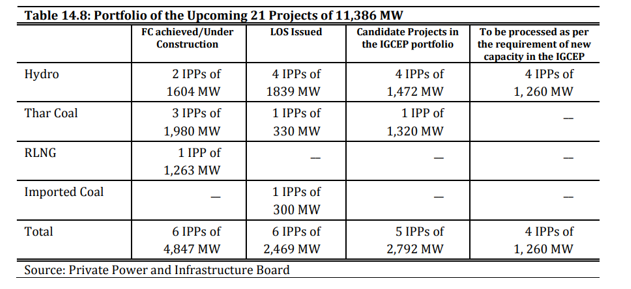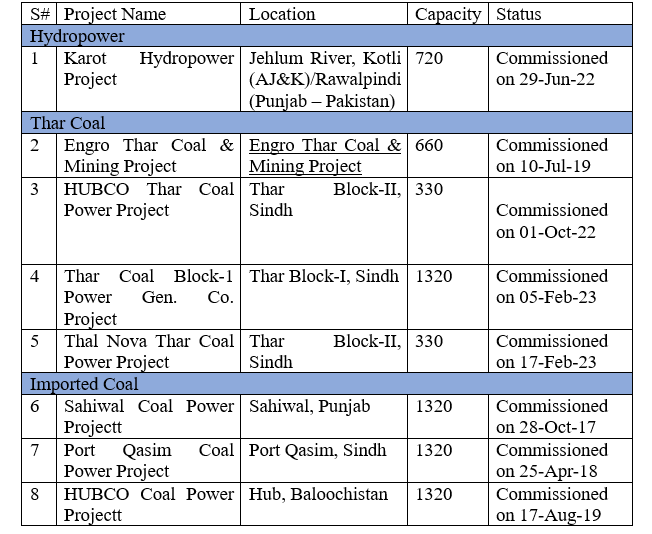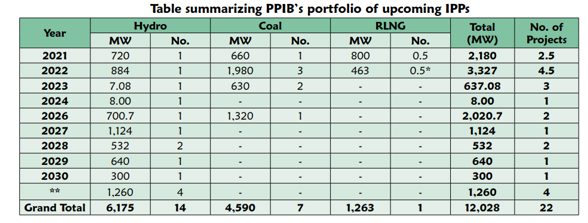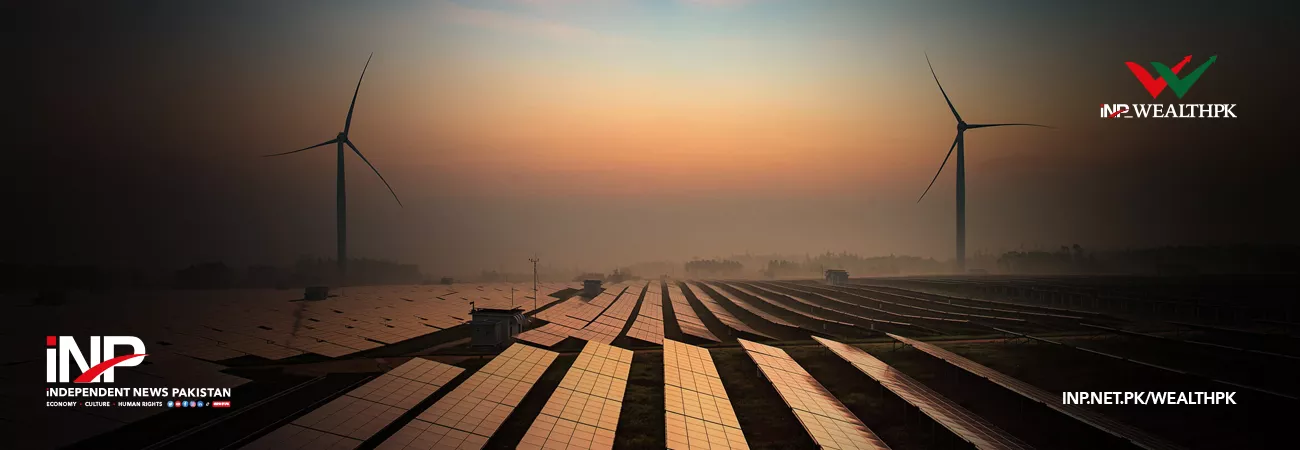INP-WealthPk
Ayesha Saba
The Private Power and Infrastructure Board (PPIB) is actively working to improve the share of indigenous coal and renewable hydro-based electricity in the overall energy mix of the country. According to documents available with WealthPK, the PPIB is implementing two robust policy frameworks having competitive market incentives and simplified procedures for investors.
The “Power Generation Policy 2015” and the “Policy Framework for Private Sector Transmission Line Projects 2015” were launched to attract new investments for the development of new power generation projects and augmentation of transmission networks in the country. These policy frameworks have so far received an overwhelming market response by attracting many renowned local and international investors and lenders. An official spokesperson for the PPIB, who wished to remain anonymous, said while talking to WealthPK that the PPIB has managed to form a portfolio of ongoing projects which is largely dominated by hydropower and Thar coal.

“Pakistan has abundant indigenous and natural resources that may be used to generate enough economical power while also ensuring system sustainability. However, the government must plan investments in the transmission infrastructure as well as electricity generation, with indigenous resources taking priority,” he emphasised.
The spokesperson said private sector engagement in the implementation of new transmission projects is likely because a substantial number of transmission lines are expected to be added to the network. “The PPIB is also working with the National Transmission and Dispatch Company (NTDC) to compile a list of feasible prospective transmission line projects,” he added.

The China-Pakistan Economic Corridor (CPEC) projects being implemented by the PPIB are spread all across the country. According to the official website of the PPIB, some of the completed projects are given below.

According to the NEPRA (National Electric Power Regulatory Authority) State of Industry Report 2022, the PPIB is handling a diversified portfolio of 14 hydro, coal, and RLNG-based power generation projects of more than 12,000MW capacity.

Credit: Independent News Pakistan-WealthPk




